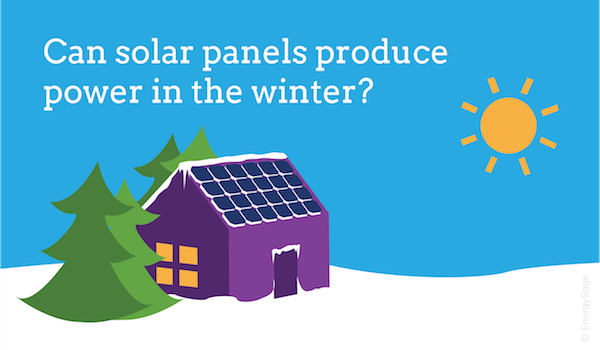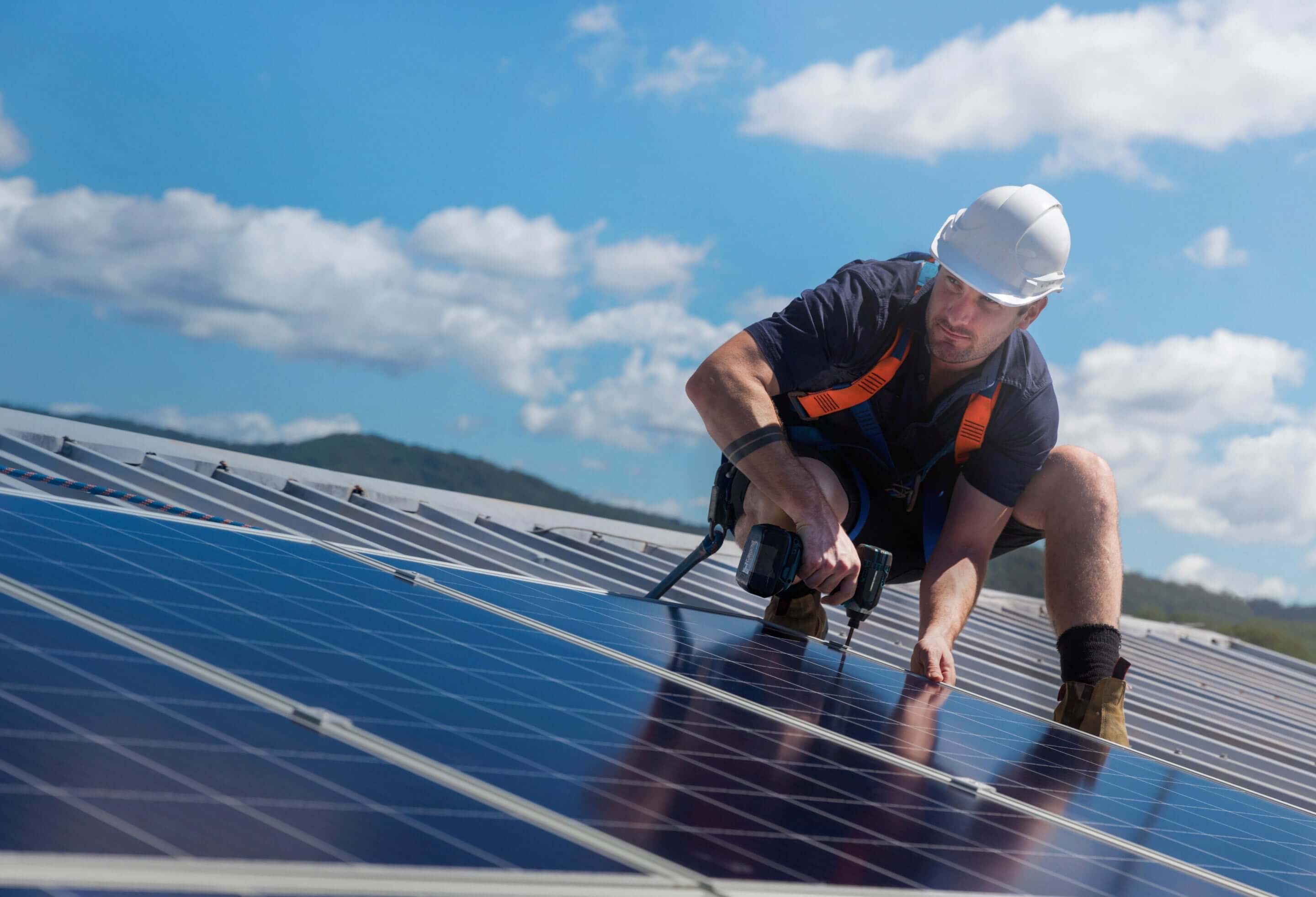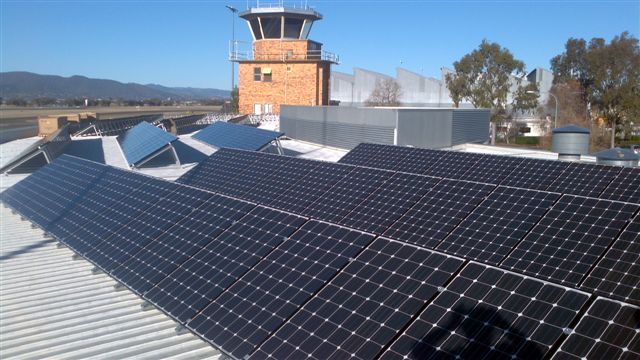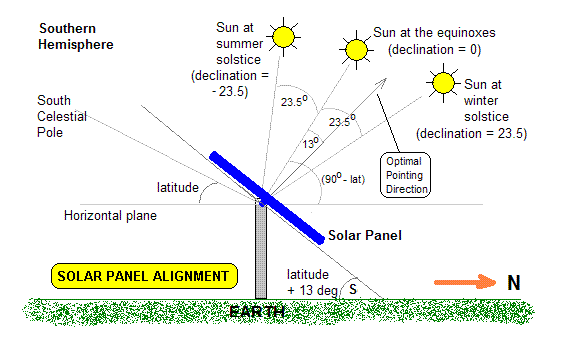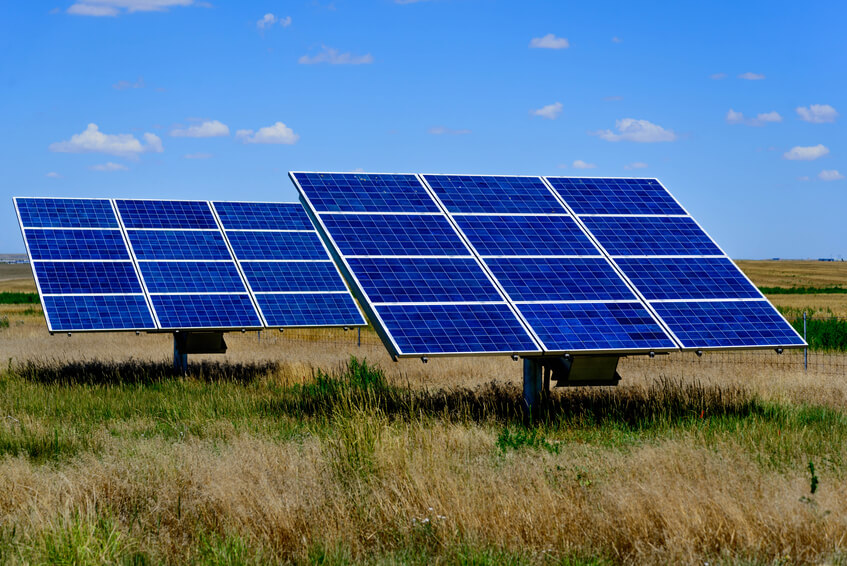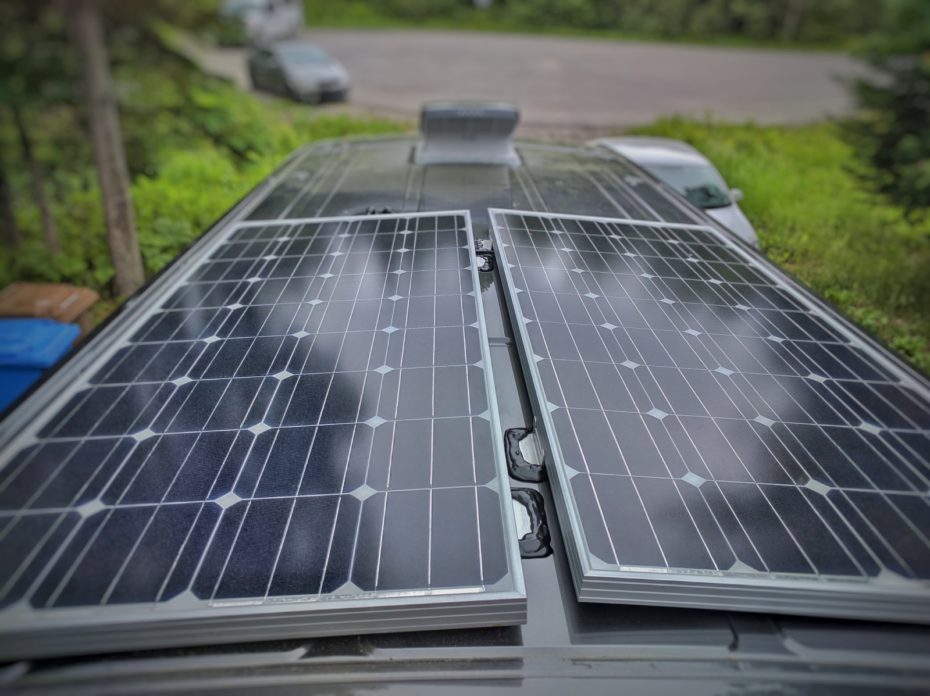So even a glimmer of sunlight can cause the solar panels to start warming up and hence hasten the melting of snow around it.
Are solar panels more horizontal in winter.
Here in buffalo an average day in winter is just grey.
Cooler weather is the friend of solar as panels become more efficient in turning the sun s rays into electricity.
Winter is here and many parts of the country have already seen snow.
Solar panels are most efficient when it s cold and sunny outside so they ll still be able to produce energy as long as you re not living in the arctic circle or somewhere else that gets very little sun in the winter.
It doesn t snow every day and most days my solar panels are clean.
Solar thermal is affected by the loss of direct sunlight a bit more than pv and realistically you should not expect too much from your solar thermal during winter.
Solar panels are designed to attract the sun s rays and trap them.
The cold might actually help your solar panels produce more energy.
For example many california residents will take advantage of friendly net metering laws to build up a substantial credit during the summer months when their panels produce the most energy and then use the credit to help offset the increased utility bill costs during winter.
A blue sky winter s day can see some amazing levels of power produced on an hourly basis compared with summer.
In the winter it s less likely for solar panels to reach their peak temperature.
At lower temperatures solar panels absorb more energy from the sun to more efficiently generate electricity.
One way to counteract winter production dips is to install your panels at a lower angle than your latitude.
In the past panel manufacturers would not offer warranties on panels installed at an angle lower than 2 degrees but these days most of the top manufacturers will give warranties even if their panels are installed at 0 degrees completely flat.
For more information about solar power during the winter months talk.
The sun rises at 8 am and sets at 4 pm.
Generally speaking solar panels are 20 c 36 f warmer than the ambient temperature.
So there s a bit of science behind solar panels but it s not totally daunting.
Thus the electron reactions occur at a greater rate.
However the impact temperature has on solar panels.
This is what that looks like.
An average day of solar generation in winter.
They are also affected by cloud considerably more than solar pv so a cloudy winter day you should not expect your solar thermal to do much at all.
The dark solar panels attract heat and help in melting the snow.
If every day was like this i d get 120 kwh for the month which is pretty exactly what my 5 year.
Winter solar power is still viable.
Although at first blush it may seem that solar power is ideal for the summer solar panels actually produce useful power throughout all four seasons including when they re covered in snow.

